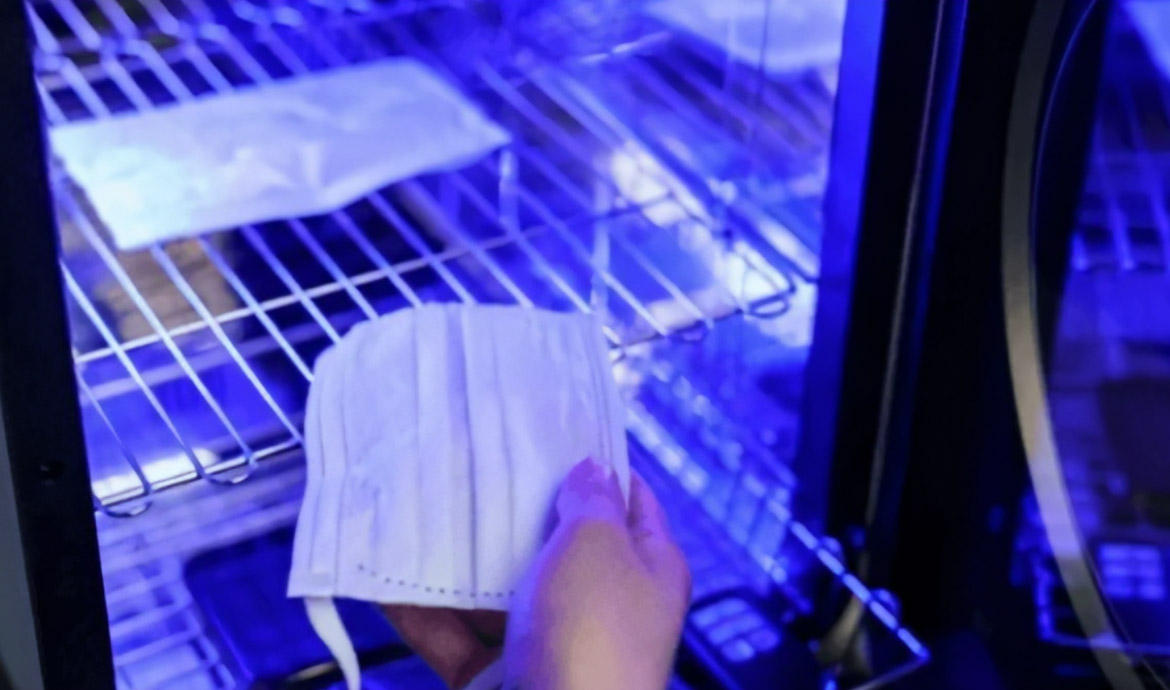
El problema actual es que la Uvc implica riesgos para la salud y ha de tratarse de manera profesional y la utilización de los dispositivos debe realizarse de forma controlada.
The current health alert situation caused by the Covid-19 pandemic has focused R&D activity on finding solutions for the prevention, diagnosis and treatment of SARS-CoV2 virus infection. Many studies have already demonstrated the effectiveness of ultraviolet radiation type C (UVc) in the estruction of microorganisms (viruses, bacteria, fungi...) by acting directly on their DNA and/or RNA. Ultraviolet light acts by deactivating the DNA of pathogens, which ensures that the disinfected spaces can be occupied immediately after cleaning, with no further exposure to the virus or to any product that is harmful to health or the environment. The current problem is that UVC involves health risks and the use of the devices must be carried out in a controlled manner.
Based on our long professional experience in both optics and molecular biology and the strength of a consolidated multidisciplinary team, we have a collaboration for the development of systems that emit ultraviolet C (UV-C) radiation, optimising its genotoxic effect on the genetic material of the virus. The same experimental approach is applicable to different pathogens.
Our work in this area is aimed at the validation of UV-C light systems for manufacturers of COVID and disinfection equipment. We measure the actual germicidal and virucidal effect of this equipment through active media. We also provide advice on how to improve the performance of the product/system.
We validate equipment for different purposes: for areas with special hygiene requirements (clean rooms, operating theatres, laboratories); for domestic application with manual and robotised commercial UV-C disinfection solutions; or for an industrial environment with validation of the effectiveness of customised systems.


